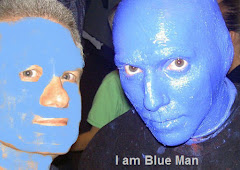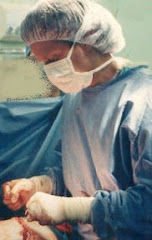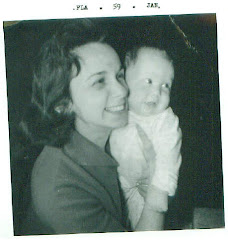One of the buzz phrases of medical education has been the concept of "cultural competence." Loosely, cultural competence in health care services is the ability of individuals, and the systems they are a part of, to provide health care to patients with diverse values, beliefs and behaviors.
 When I taught this class in an earlier life, I used the CLAS standards as the model for the behaviors that organizations and individual practitioners should use as a guide. Although the CLAS standards are primarily directed at health care organizations, individuals can use them as a guide to make their practice of medicine more culturally and linguistically accessible. This is becoming more and more important as populations become more blended with individuals of diverse backgrounds, religions, nationalities, races, sects and...most importantly...health care belief systems.
When I taught this class in an earlier life, I used the CLAS standards as the model for the behaviors that organizations and individual practitioners should use as a guide. Although the CLAS standards are primarily directed at health care organizations, individuals can use them as a guide to make their practice of medicine more culturally and linguistically accessible. This is becoming more and more important as populations become more blended with individuals of diverse backgrounds, religions, nationalities, races, sects and...most importantly...health care belief systems.
I cannot imagine a better place to learn the practice of culturally appropriate health care than where I am. I realized in clinic how far I've come to understand the Caribe culture, and language. First, most would say it's really English, but I say ney ney, ya? Iz der speak aw bra! (nothing to do with lingerie). Me bellie ben hurtz whir I coo coo (nothing to do with psych). Da water ist burn offa me git upa bed. After a few hundred patients, I'm actually beginning to understand most of it, but find myself totally baffled at times. I'm sure I have this deer in the headlights look when I nod as if I know all that is being said. I'm sure I laugh at the wrong times occasionally. The Caribe-English can be quick, choppy, rhotic, glottal, accented, sporadic with influences from Jamaica, Barbuda, Africa, Netherlands, the UK, France and Wales. Ah, but iz Stashia mon!
 But then the culture falls away to the frank ills of this land. The charts stack up with the same chief complaints I hear in the U.S.: Diabetes, hypertension, obesity, poor nutrition, sexually transmitted diseases, teen pregnancy, cardiovascular disease, breast cancer, stroke, COPD, asthma, emphysema, flu, cataracts, glaucoma, melanoma and other cancers. Illness is a non-judgmental taker of life and health, without prejudice. Disease respects no boundaries or artificial segregation. It is truly equal opportunity. The subjective descriptions by the patient just sound a little different.
But then the culture falls away to the frank ills of this land. The charts stack up with the same chief complaints I hear in the U.S.: Diabetes, hypertension, obesity, poor nutrition, sexually transmitted diseases, teen pregnancy, cardiovascular disease, breast cancer, stroke, COPD, asthma, emphysema, flu, cataracts, glaucoma, melanoma and other cancers. Illness is a non-judgmental taker of life and health, without prejudice. Disease respects no boundaries or artificial segregation. It is truly equal opportunity. The subjective descriptions by the patient just sound a little different.






